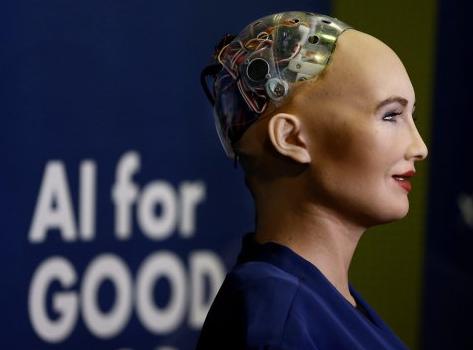By Nuru Mugambi
Why can’t a woman be like a man? This poignant question was asked by Henry Higgins as he lamented with his comrades about women. In the 1960s setting of My Fair Lady, women were depicted as irrational “cotton” heads. It therefore seemed quite rational to wish they be men.
But alas, there is no magic (or technology) that can completely rewire us. And that’s good. Where would we be if we were all men? Considering in Africa women make up about 70 percent of the labour that works the land for produce that feeds us and fuels our industries, I would say women are the backbone of our economy.
In many work settings, for every job a man does working mothers work twice as hard. Someone once told me mothers shouldn’t complain about working more or getting paid less; it’s the burden we choose. According to them, God never intended for us to be occupied outside of the home. I don’t agree. I’m a Christian and in the Bible there are numerous references of women who played material roles beyond the confines of the kitchen.
I concur that an important role women play in society is child bearing and rearing; if we didn’t, the human race would come to an end. But would it? There are research labs around the world currently ‘producing’ babies out of beakers. Hence, carrying a child to term will no longer be the preserve of women.
Humans Versus Androids
Indeed, the future will bring an interesting dimension to gender equality. I’m sure we all watched in awe when UN Deputy Secretary General Amina Mohammed had a conversation with an android, who was the first machine to be granted citizenship by a country. When Sophia was asked about ‘her’ gender, the machine said it didn’t have one; but if it had to pick, it would be female –perhaps because of the relatively female name and physical features her designers gave her.
But robots are non-binary or gender neutral; so, it is quite possible that by 2030, when more of us will be working with Sophias, being female will no longer matter. And Women’s Day may no longer be relevant. But have no fear ladies, we are not the only ones on new footing –everything is being reshaped by technology.
In this context, I have greater appreciation of our natural abilities. Intuition; creativity; resilience; emotional intelligence are God-given abilities that women have leveraged for centuries. Women are also conveners and we approach issues with a consultation bias; and both of these qualities enhance our insights.
It is these same attributes when applied in a corporate environment that set companies apart from their competition. According to research by several sources including Thomson Reuters, companies with more women on their boards, for example, tend to perform better on return on equity and profit margins. A similar local research by Kenya Institute of Management, Graca Machel Trust’s New Faces New Voices and Nairobi Securities Exchange found companies with more women on their boards and in senior management perform better on revenue and share price.
In my own analysis of companies that contributed most to the global financial crisis, I found their boards had mostly older, white, very rich, males. I don’t think we need research to justify the idea that when we have more gender, age and cultural diversity around the table, we have a more informed and higher quality thought process which creates the most long-term value for a firm and society overall.
Coincidentally, it is the same God-given attributes that women possess (intuition; creativity; resilience; emotional intelligence; and convening power) that will keep humans relevant in future work settings. Moreover, companies that wish to stay relevant in the context of the fourth industrial revolution or the new technology age must seriously consider their talent management strategies and actively seek out capable women for their boards and to serve as executives who steer long-term strategy.
Meanwhile, we have Women’s Day and Month. As we mark the occasion, I ask men to silence their inner Higgins and appreciate women for the value they bring to work. Be assured gentlemen, we’re not here to take over. In any event, you should be more worried about being displaced by androids, which by 2045 would have evolved to reach singularity, becoming aware that they are smarter, faster and better than humans.
The writer is an Eisenhower Fellow specialising in sustainability and director at Kenya Bankers Association.



